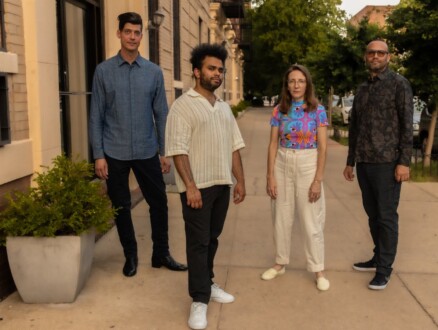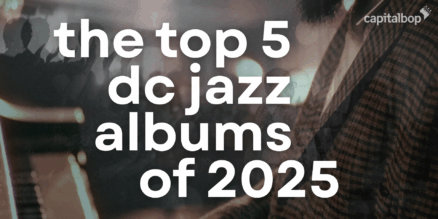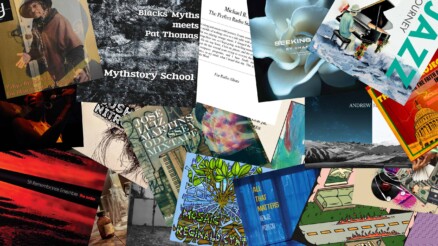PAPA applications close October 18; Underutilized program could provide windfall to struggling venues
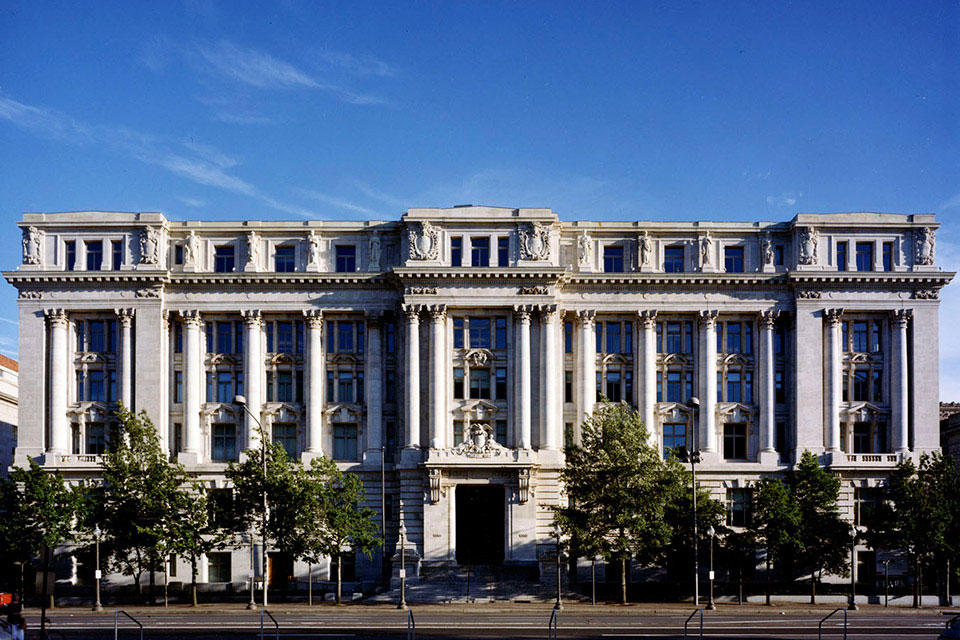
Over the past decade, The District has seen a dramatic decrease in live music venues, leaving local jazz musicians strapped for adequate performance spaces and, in turn, without consistent gigs, pay and opportunities for creative expression.
There have been several concerted legislative efforts by local advocates to make up for this loss of opportunity. Among them is the Performing Arts Promotion Amendment (PAPA), a tax rebate program designed to incentivize local business owners to invest in live performance, ideally creating economic incentives for local businesses to include substantial music programming.
Through PAPA, qualifying venues can receive a property tax rebate of up to $15,000. PAPA rebates are allocated annually; applications for FY2025 are currently open and are due by October 18.
“My initial issue was that we weren’t getting paid well and we weren’t getting paid on time, and sometimes the checks would bounce,” said saxophonist and local music advocate Herb Scott. “Unfortunately, some of these venues had trouble managing their money and musicians were always on the back end. But when clubs started to close, it became clear that we had to figure out a way to keep these clubs open and get musicians paid.”
Scott, singer Aaron Myers and Listen Local First co-founder Chris Naoum spearheaded the campaign that led to PAPA’s enactment. They, alongside a coalition of their peers, mobilized in 2016 following the closure of Bohemian Caverns jazz club, searching for avenues through which they could systematically uplift the city’s remaining jazz venues and encourage greater compensation for performers.
Coincidentally, Myers and Naoum are now both on the “inside,” working at the city-run DC Commission on the Arts and Humanities. Myers serves as the agency’s executive director, Naoum as an event coordinator.
“All these jazz venues were closing down, so [we] were like ‘what can we do to incentivize more people to host live music?’” said Naoum. “The idea is [that] if you can provide some economic incentive for a venue to host regular live music and pay the artists fair wages, then that would benefit the jazz community and the community at large.”
In 2017, Scott and Myers founded the Capitol Hill Jazz Foundation (CHJF) as a more formalized means of advocacy. Eventually, CHJF secured the endorsement of councilmember Robert White, who proposed the initial bill.
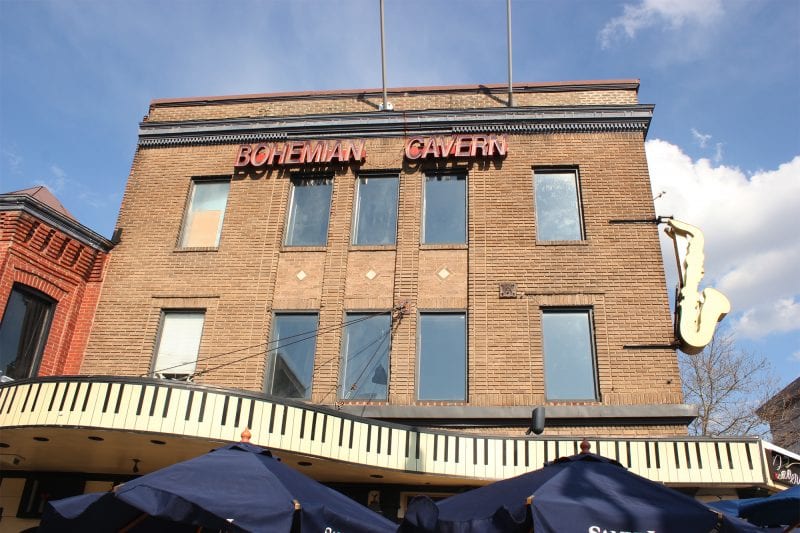
PAPA went into effect in April 2019, providing a real property tax rebate of up to $15,000 per year for music venues in D.C. that: stage live performances a minimum of 48 hours per month; have 300 seats or less; are responsible for the payment of real property taxes; and compensate performing artists according to experience and skill.
“The idea was that this would trickle down and that the money the venue got for having live music would go to the live music, so that [the venue] wouldn’t have to use their food and beverage costs to pay musicians or institute a cover or tickets to pay musicians,” said Scott, who still serves as the CHJF’s executive director. “Has that manifested? As far as I know, no. But does that mean that venues can stay in business to allow the musician to perform? I hope that has been the case, and I believe that’s been the case for some venues.”
Joe Lapan, co-owner of Songbyrd Music House, said that PAPA has been effective for his business, and underscores the importance of government investment in the local live entertainment industry.
“All music venues in D.C., to varying degrees, have a lot of costs — a lot of real estate costs, rent, taxes, insurance and other things we pay our landlord — but giving a rebate of some portion on property taxes is helpful,” said Lapan. “There’s some recognition that [music venues] are difficult to sustain, and that [they are] of great cultural and economic value.”
Songbyrd has received a rebate from PAPA several times over the years with minimal issues navigating the application and obtaining funds, according to Lapan.
Several measures of the original legislation were revised in 2022. Most notably, management of the program was transferred from the Office of Tax and Revenue to the Office of Cable Television, Film, Music and Entertainment (OCTFME), due to hopes that OCTFME would be better equipped to review applications, which, up until that point, had been sparse.
“At the time that Council approved the legislation, the Office of the Chief Financial Officer estimated that 25 venues would apply. But in the first year of the program only 5 venues applied for the tax rebate, and in the second year, only 2 venues applied,” the resolution document reads. “While the COVID-19 pandemic may explain some of the lack of demand, venues have reported that the application process has been extremely challenging.”
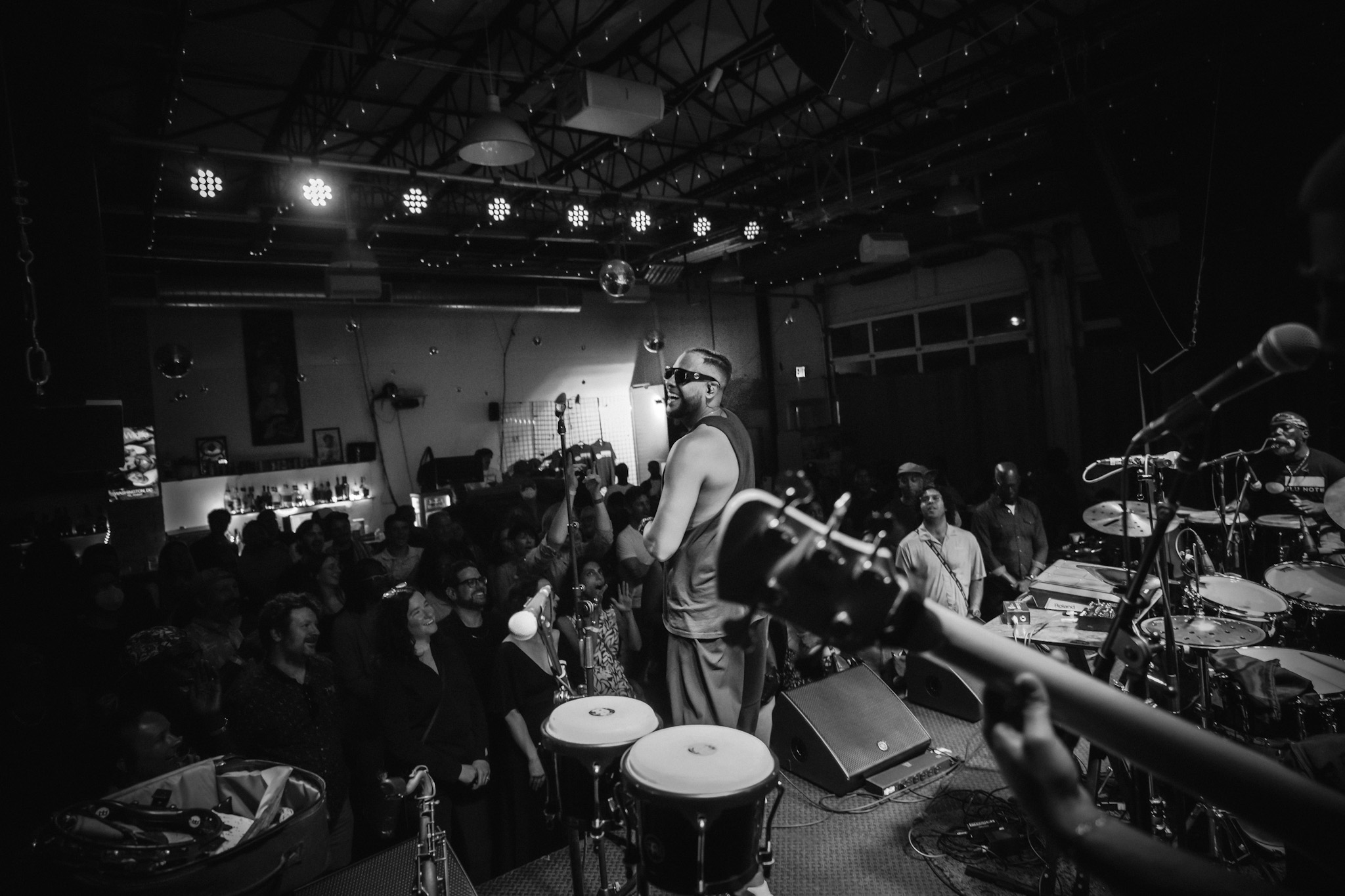
Still, the program remains underutilized, and OCTFME has received fewer than ten applications this year, according to General Counsel Lawrence Cooper, crediting D.C.’s lingering economic woes with driving down applications. “Unfortunately, the impact of the pandemic and recent events that are going on right now, a number of venues have closed over the years,” said Cooper. “All dollars help when you’re a small business, and we want to facilitate that.”
Additionally, many venue owners simply don’t know the program exists. “I think one of the challenges that we’ve had is just getting the word out. It hasn’t had much of a campaign,” he said.
Scott maintained that programs like PAPA are necessary in sustaining the local music economy.
“We can’t rely on our traditional institutions to prop up the scene,” he said, citing the recent staffing changes at the formerly jazz-championing Kennedy Center. “There’s been a sharp decline in attendance for nightlife events in D.C. specifically, [and] we really need support from the government for not only these venues, but artists of all sorts.”



